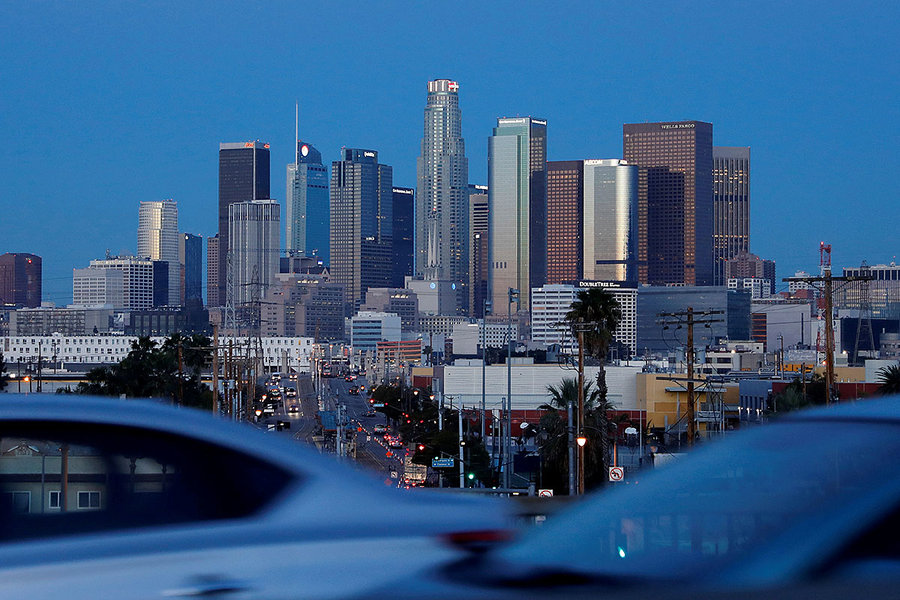
At the heart of the ongoing feud between California and the Trump administration lies a familiar tug of war over the role of states’ rights. But this time around, the players seem to have switched teams.
States’ rights are sacred for many conservatives in the United States.
So how did liberal California become a poster child for states’ rights in its escalating battle with the Trump administration on environmental regulation?
From fuel emissions to oil and gas drilling permits, California is at war with the Trump administration. And at the heart of the feud is the state’s desire to set its own environmental regulations – an issue of states’ rights, and also a continuation of the “cooperative federalist” model that has long been a backbone of American environmental policy. But in this case, as well as in environmental battles being fought in other states, it’s the Republican administration arguing for the supremacy of federal rule.
“They’re exercising what the Western Governors’ Association executive director has called ‘fair-weather federalism,’” says David Hayes, executive director of the State Energy & Environmental Impact Center at New York University School of Law and deputy interior secretary under President Barack Obama. “As long as states do what they want them to do, it’s fine. If they exercise their rights in a way that the feds don’t like because it’s not consistent with their policy, then they’re against it.”
In California, as in some other liberal-leaning states, states’ rights has become a rallying cry. “To those who claim to support states’ rights – don’t trample on ours,” proclaimed California Attorney General Xavier Becerra last month, after the Trump administration revoked the state’s long-standing waiver that allowed it to set its own vehicle emissions.
The idea of states’ rights as a conservative principle is somewhat more nuanced: For decades, both liberals and conservatives have touted federalism when it suits them on some issues, and not on others.










